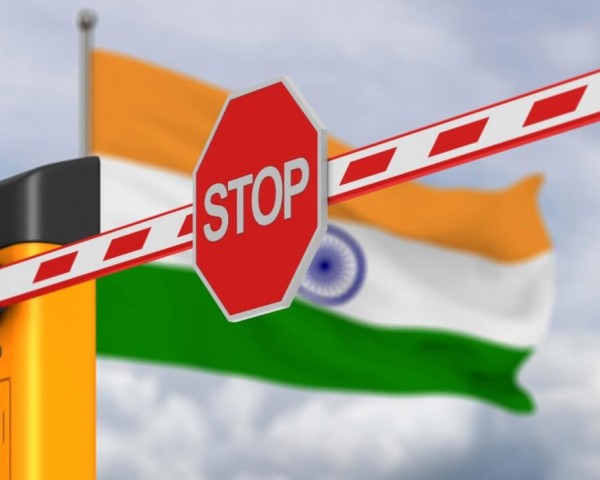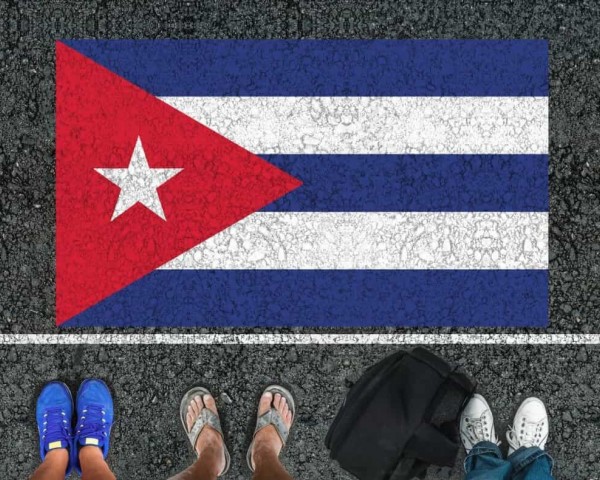A horrible terrorist assault struck the gorgeous mountains of Indian Kashmir, sending the tourism enterprise there reeling. A great deal of journeys have been referred to as off, and 48 well-known spots for vacationers have been shut down, perhaps for good. The assault, which took 26 lives, did not simply mess up the busiest time for journey; it additionally put the roles of hundreds of thousands who depend on Kashmir’s tourism in danger.
Excessive Season Begin Marred by Painful Loss
Again on April 22, 2025, armed folks, who Indian officers mentioned have been militants from Pakistan, began capturing at a bunch of vacationers and a neighborhood employee in Baisaran grassland close to Pahalgam. It is a busy place that each locals and other people from different international locations love to go to. This assault killed 25 Indians and an individual from Nepal, and it occurred proper when Kashmir’s busiest time (April to October) was kicking off. The timing actually made issues worse, principally stopping all the nice progress in Kashmir’s tourism, which had seen a document 23.6 million guests in 2024.
Proper after the assault, fewer folks wished to journey there. LocalCircles, a social media, says that over 60% of households who had booked journeys to Kashmir between Might and December 2025 have now canceled them. Some journey corporations are even saying that about 90% of their bookings have been canceled. Specialists suppose there might be about an 80% drop in bookings due to all of the information protection that is making folks scared and not sure.
Vacationer Spot Closures Worsen State of affairs
Due to the assault, Indian officers determined to close down 48 in style vacationer spots, like Yousmarg, Doodpathri, and Bangus Valley, till additional discover, hoping to cease extra assaults. A tourism official mentioned that they bought intelligence saying terrorists have been planning extra assaults. That is why safety of us prompt closing vacationer spots that did not have robust safety. These locations, typically newer or farther away, do not have the safety they should preserve guests secure, resulting in this robust resolution.
These closures are hurting tour corporations, guides, and resorts, with many seeing no prospects in any respect proper now. Tourism, which brings in about 7-8% of Jammu and Kashmir’s cash and employs round 1,000,000 folks immediately and not directly, is going through unsure time.
Restoration Hopes Dashed
Kashmir’s tourism had been doing nice, with 23.6 million vacationers in 2024, together with extra folks from different international locations. This comeback had folks feeling good in regards to the future, however this latest assault reveals simply how simply issues may be disrupted by safety issues. The closures and cancellations may undo years of progress, leaving native companies and employees in a tricky spot.
Safety forces have stepped up their sport throughout the area, doing a number of searches and sending extra troops to huge vacationer areas. Whereas that is to make issues safer, it is also scaring off guests who’re nervous in regards to the elevated tensions.
Diplomatic Points Add Bother
The assault has additionally made issues worse between India and Pakistan, with India blaming Pakistan immediately. This has led to some tense talks, with robust phrases from each side, making the state of affairs much more sophisticated and probably making folks suppose Kashmir is not a secure place to go to.
Wanting Forward for Kashmir’s Tourism
The Pahalgam assault and the closures have made issues look fairly dangerous for Kashmir’s tourism, however persons are nonetheless hoping for a option to bounce again. Making vacationer spots safer, operating campaigns to get vacationers to really feel secure once more, and dealing collectively to repair safety issues might be key to getting issues again on observe. For now, the folks of Kashmir are actually making an attempt to deal with all of it. These people whose technique of supporting themselves hinge on the realm’s aesthetic attraction and wealthy cultural historical past, they’re encountering appreciable challenges as they work to revitalize the tourism sector.




